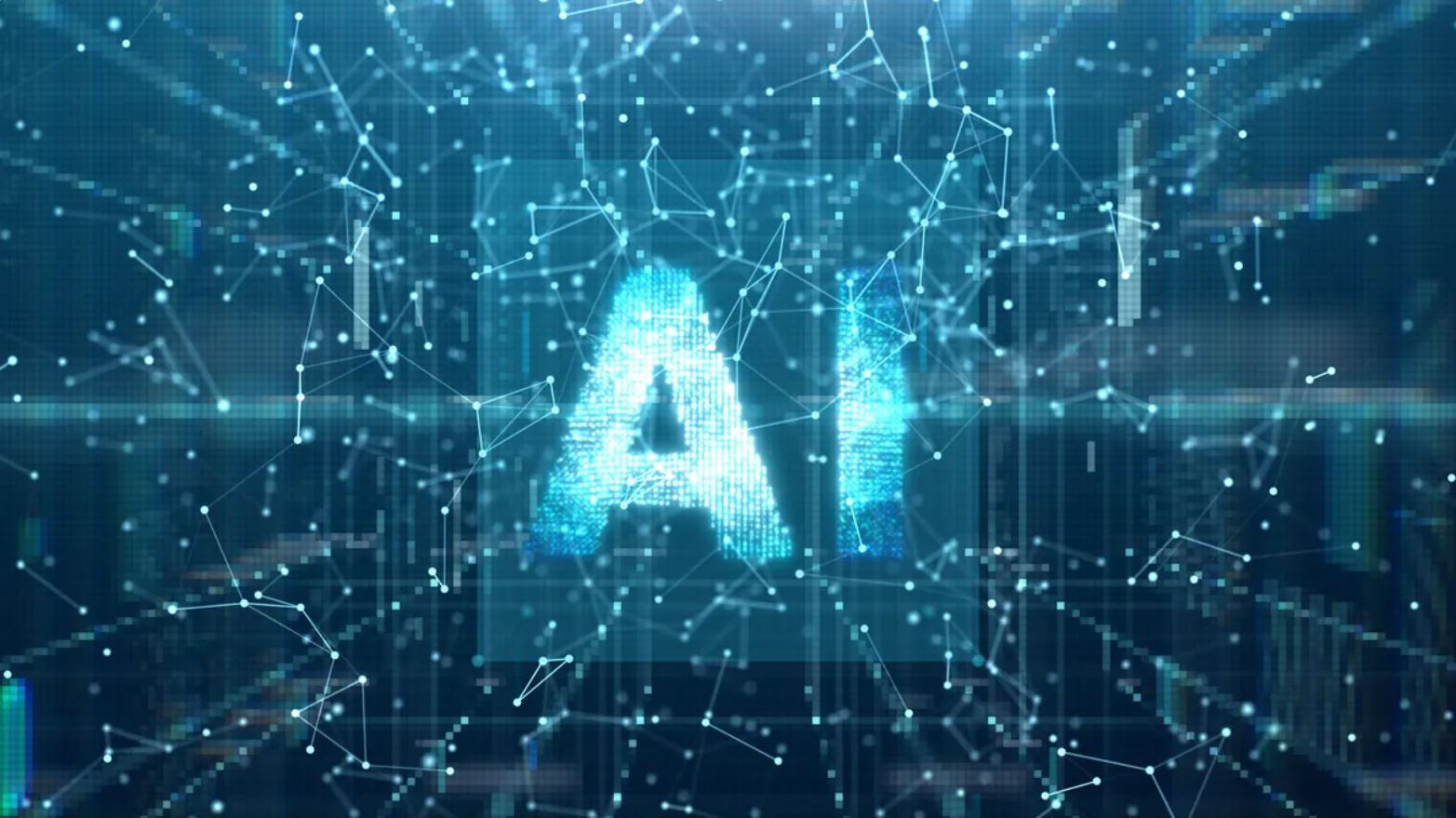 In our fast-paced world, the line between action and inaction can be pretty thin, and our decisions—or lack of them—shape our lives in ways we might not always realize. Geopolitical and technological changes are happening faster than ever, challenging what we thought we knew about our world. The United States, once a leader in human rights, now faces internal conflicts and a weakening of its core values. Meanwhile, the Middle East deals with ongoing tensions, the Ukraine crisis shakes up Europe, and the European Union is seeing a rise in nationalism. The fading transatlantic cooperation and the U.S.’s withdrawal from some UN agencies highlight a worrying move away from working together globally.
In our fast-paced world, the line between action and inaction can be pretty thin, and our decisions—or lack of them—shape our lives in ways we might not always realize. Geopolitical and technological changes are happening faster than ever, challenging what we thought we knew about our world. The United States, once a leader in human rights, now faces internal conflicts and a weakening of its core values. Meanwhile, the Middle East deals with ongoing tensions, the Ukraine crisis shakes up Europe, and the European Union is seeing a rise in nationalism. The fading transatlantic cooperation and the U.S.’s withdrawal from some UN agencies highlight a worrying move away from working together globally.
Amid all this, artificial intelligence (AI) emerges as both a fantastic opportunity and a significant challenge. It’s crucial not to be a passive observer in this rapidly changing landscape. The ‘bystander effect’—a well-known psychological phenomenon—shows how people in groups often don’t act, thinking someone else will step in. In our digital age, this effect is even more pronounced. We’re flooded with information but often feel powerless to make a difference. This can lead to a sense of victimhood and inaction, where people focus on their own needs and overlook larger societal issues.
Several factors contribute to this inertia. The constant stream of information can lead to compassion fatigue, and while technology connects us, it can also make us feel detached from real-world suffering. The complexity of global challenges makes it even harder to take decisive action. To counter this, it’s essential to reclaim our sense of agency—the ability to act with intention. Our actions shape our communities and give our lives meaning. As our online and offline worlds become more intertwined, preserving our agency is more important than ever.
AI presents a paradox. It can empower us by democratizing information, facilitating collective action, and automating routine tasks. However, it also poses threats, like perpetuating biases, displacing jobs, and eroding human skills. To navigate these challenges, we need a proactive approach, guided by the ‘A-Frame’ principles: Awareness, Appreciation, Acceptance, and Accountability. By fostering critical awareness, valuing both human and AI capabilities, embracing change, and taking responsibility for our actions, we can resist the erosion of agency.
This proactive stance is crucial for ensuring that technology enhances rather than diminishes our ability to thrive. The future calls for us to actively engage with the world around us, using technology thoughtfully to build a just and sustainable society.








